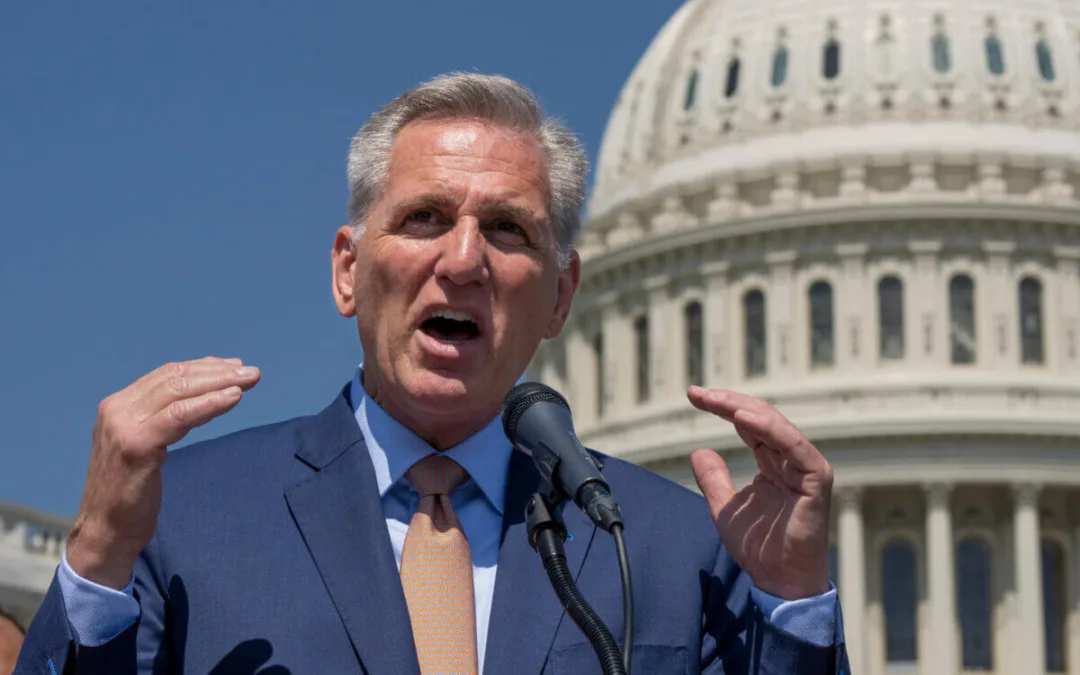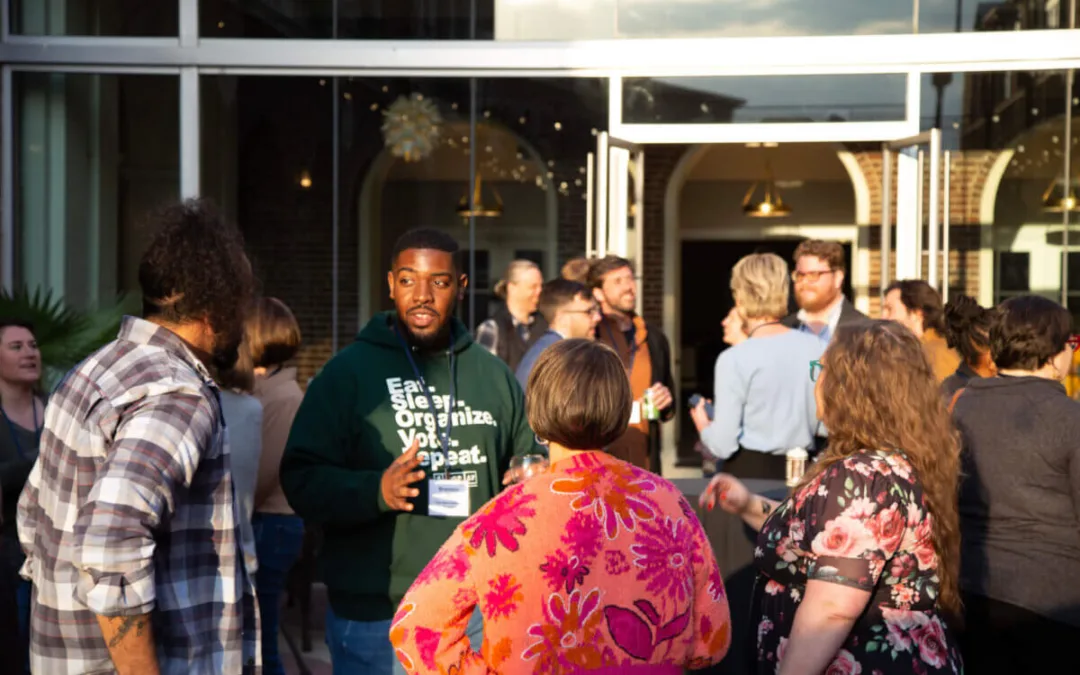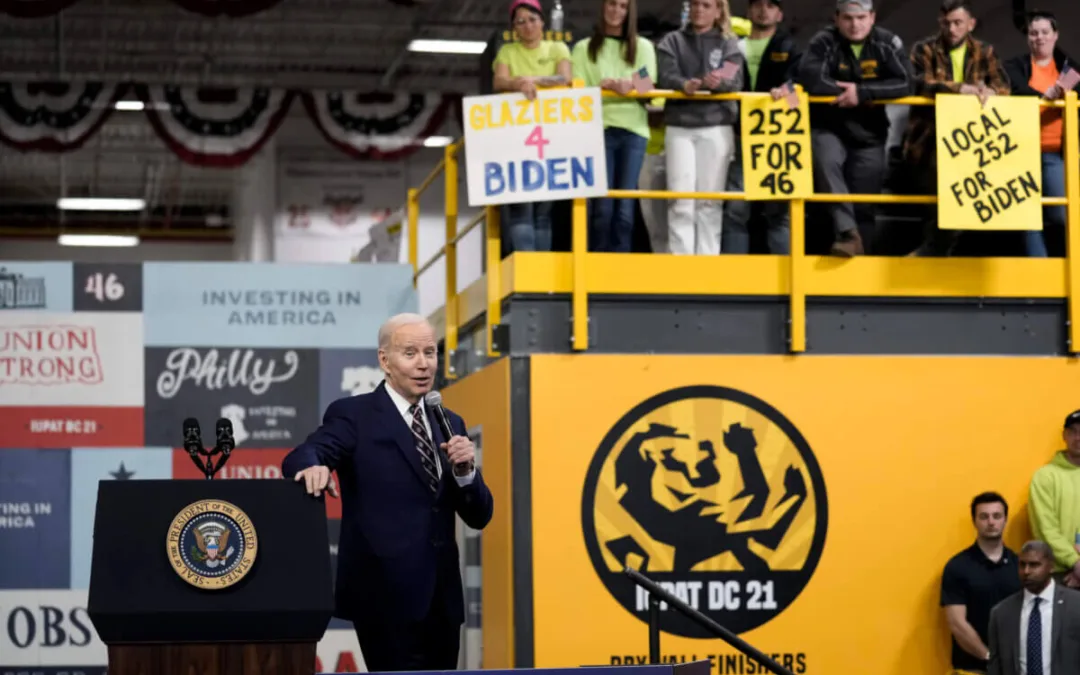
Image via Keyvan Antonio Heydari for The Americano
Recent surveys show that Latinos — and other minorities — struggle to receive Coronavirus relief money to keep their businesses alive amid the pandemic. We spent a day at a mostly Latino-owned shops street mall. This is what we saw.
Photos and Text by Keyvan Antonio Heydari for The Americano.
Miami — According to a study conducted by NBCNews amongst 500 Latino business owners, only 10% received coronavirus relief loans “while the rest never heard back after applying.”
We spent a day at a strip shopping mall in the South of Miami, where a dozen stores tell the story of commercial survival during the Covid-19 pandemic. Florida governor De Santis’ announcement of a partial reopening of stores on May 5th — with new standards for restaurants — doesn’t guarantee a rebound for retailers.
As the bigger malls closed down, shuttering all stores, some shops in smaller strip malls have tried to remain open and apply for federal help for essential businesses to survive this economic crisis. “If [a publicly listed] company like Ruth’s Chris is getting federal money, I don’t feel they’re taking into account small businesses like myself,” Katya Llerena told The Americano. She owns and operates a fashion boutique opened in 2018, and poured about $50,000 in savings to operate. Her YusimiBoutique is now selling exclusively online.
RELATED: Latino and Black Business Owners Are Being Left Behind By the Government’s Small Business Bailout
The strip mall — about a mile from Dadeland, a popular mall with large stores — is anchored by a hardware store run by Venezuelan brothers and is jammed with customers looking for masks, disinfectants, cleaners, and more. A few doors down, a computer and cell phone repair shop is busier than ever, as many people break screens and need to come for replacements.
However, other businesses operate at different levels. A shoe store and a tattoo shop are out of action. Nicaraguan and Cuban cafeterias are closed for the moment. A locksmith is reopening slowly but depends on general business activity to sell services. A pharmacy that specializes in sending medicine and supplies to Venezuela now also supplies toilet paper, alcohol, and sanitary wipes when bigger chains don’t stock the now essential items is finding new converts.
This strip shopping center is a salad of immigrant retailers with no chain stores. They came to the U.S. from somewhere else, and with optimism and sacrifice, levantaron su negocio. Cubans, Nicas, Venezuelans, Peruvian, Chileans, Puerto Ricans, all share one same dream: to own a business in America.

Yusimi Boutique is too small to get federal aid. Katya Llerena and her mother (Yusimi) fixed and remodeled the space and shop, outfitted with special items not available online. To survive, they had to start selling online.

“I don’t feel they’re taking into account small businesses like myself. That was all my savings. People are jobless.” She has dealt with many uncertainties during her life. She and her mother left Cuba in a raft, and as ‘balseros’ they are experienced in perilous journeys. After opening the store about 18 months ago, they are using bridge loans to navigate through the pandemic.

“I’m afraid for myself. And my family. What kind of [fiscal] accountability is there? I think RuthsChris [a company listed on the stock exchange which received federal PPP relief] still is laying off people.”

Born in Cuba, Alex Piqueras grew up in Lima, Peru. There, he studied and met his wife, Myriam.

They have been together for 41 years in the U.S. and they have run the Mars Cleaner, for the last 38 years. They have three employees and three kids, and some good savings.

“Afortunadamente, puede estar abierto. Tengo que ser optimista. Este país da oportunidades….” [Fortunately I can be open, I have to be optimistic, this country gives opportunities].

Jorge Mazuela and Henry Meijides own the Alfa Locksmith.

Mazuela came from Chile in 1969, after the leftist government of Salvador Allende took power. “We have not gotten anything [from the government] Expenses is non-stop. I find it bad that big companies are getting all [the money.”]

Mazuela and Meijides had to lay off their only employee, a bookkeeper. Mazuela has two children; one born in Chile, one in the U.S. His youngest is a veteran, who served in Iraq. Henry is Cuban, and he is not aware of the specific politics and procedure of the CARES act and bailout. But their shop has seen a 50%-65 drop in business. This prompted them to request a loan from the Small Business Administration (SBA) for $3000. It has been approved but they have not received the money yet. His family has had to cut back to one meal a day, only to buy the most necessary.

Locatel Pharmacy has three locations in South Florida. This one has 10 employees.

Normally, Venezuelans can send their prescription to the Caracas Locatel, and it can be fulfilled/paid in Florida. And picked up in Venezuela. But now, Locatel has also become a local recourse.

Marilyn Sánchez (Manager) says “people have understood the rhythm, they have kept gloves and alcohol. Walmart, Walgreens, and CVS don’t have them [available], but we do.”

As local retail competes with online behemoths, they have a common denominator: they are small businesses owned by immigrants to the United States, the ones that in many cases are essential workers, and the livelihood of the economy in a state where the majority of the population is Latino.
For more information on how to apply for Small Business Coronavirus Relief Loans, read here.
Politics

Teamsters and UPS Reach Tentative Deal to Avoid Strike, 340,000 Workers to Get Raises
The tentative deal represents a huge win for full- and part-time UPS Teamster workers, who would get significant pay raises and better working...



One Republican Senator Is Blocking 265 Military Promotions, Leaving the Marines Without a Confirmed Leader
Sen. Tommy Tuberville's decision means these military officers are not getting the pay raises they’re owed, cannot move their families to wherever...
Local News



Teamsters and UPS Reach Tentative Deal to Avoid Strike, 340,000 Workers to Get Raises
The tentative deal represents a huge win for full- and part-time UPS Teamster workers, who would get significant pay raises and better working...



One Republican Senator Is Blocking 265 Military Promotions, Leaving the Marines Without a Confirmed Leader
Sen. Tommy Tuberville's decision means these military officers are not getting the pay raises they’re owed, cannot move their families to wherever...




